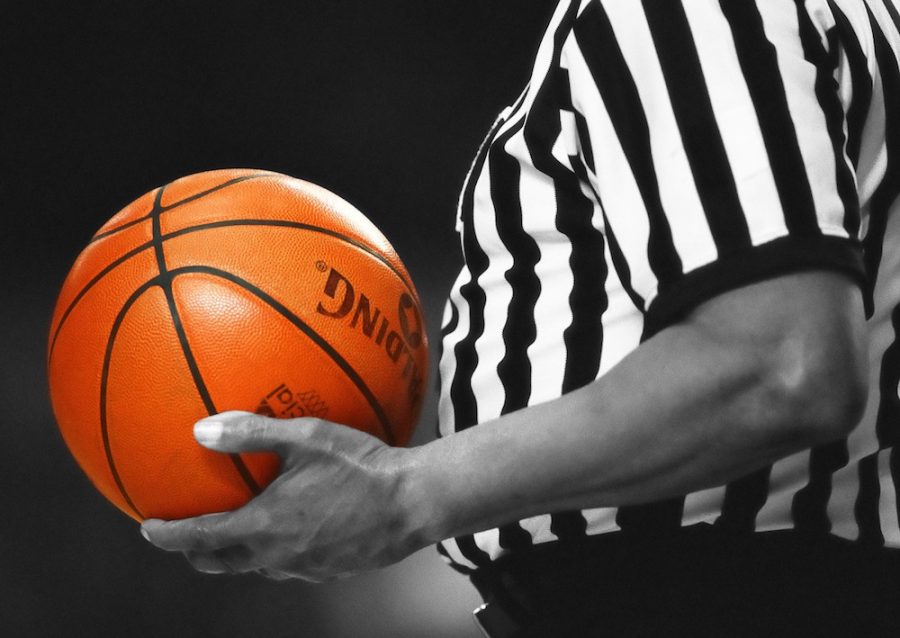1 step too far for referees
January 20, 2019
Referees Tim Fitzgerald, Landon Cammock and Archibald Whaley were suspended for their next scheduled game by the Sun Belt on Jan. 13 following the conference game between ULM and Georgia State.
In a released statement, Sun Belt commissioner Karl Benson said, “When such an egregious error occurs that directly determines the outcome of a game, it cannot be ignored.”
Championships put at risk and players ejected from a game cover most factors put into suspicious calls by sports officiators. No individual that watches a television can admit seeing a coach for any sports team agree with every call made by an official. If that was the case, it would definitely impact the course of the game.
Split decisions that change the outcomes of important games should always be critically reviewed. Scoring during a controversial play is the perfect time to examine actions from all angles. Not to mention, there are always multiple officials, so problems on the court, field or wherever should be the smoothest process when it comes to a unanimous decision.
The digital age has sewn its relevance into the 2010s and “close call” situations in the pros have relied heavily on the value of instant replay. The system for identifying and training replay officials is also less than ideal.
Sometimes, replay officials are making judgment calls just like officials on the field, but although they have the use of slow-motion video, they may not know the rules as well as those making the calls on the field. The best solution is a happy medium between the replay value of technology and the calling proficiency of referees.



